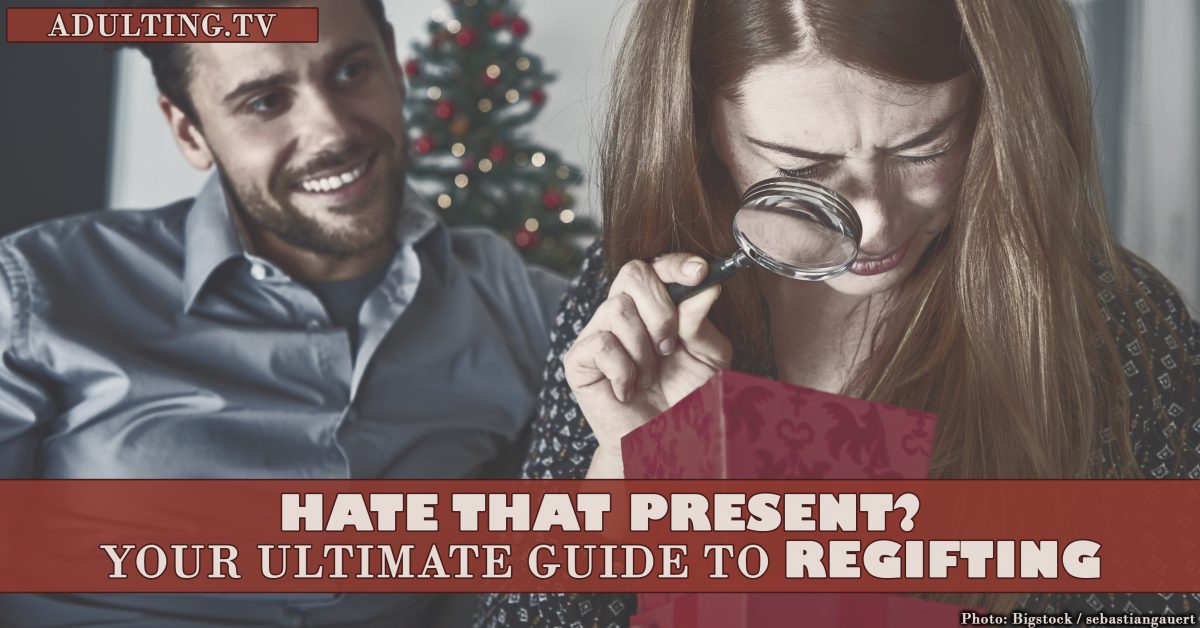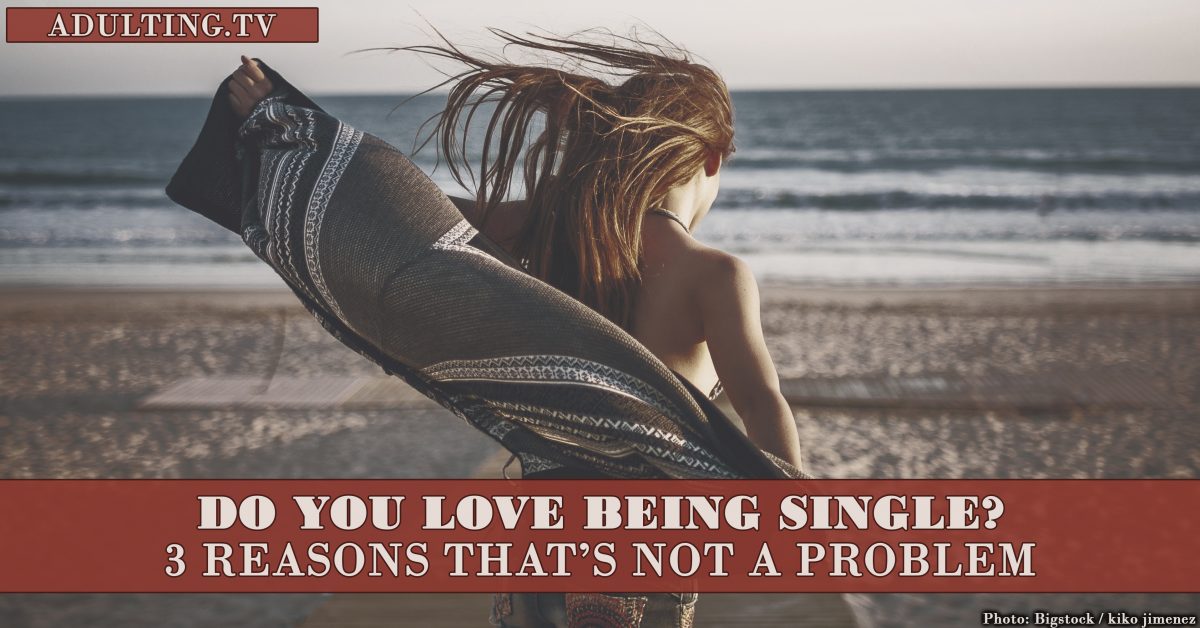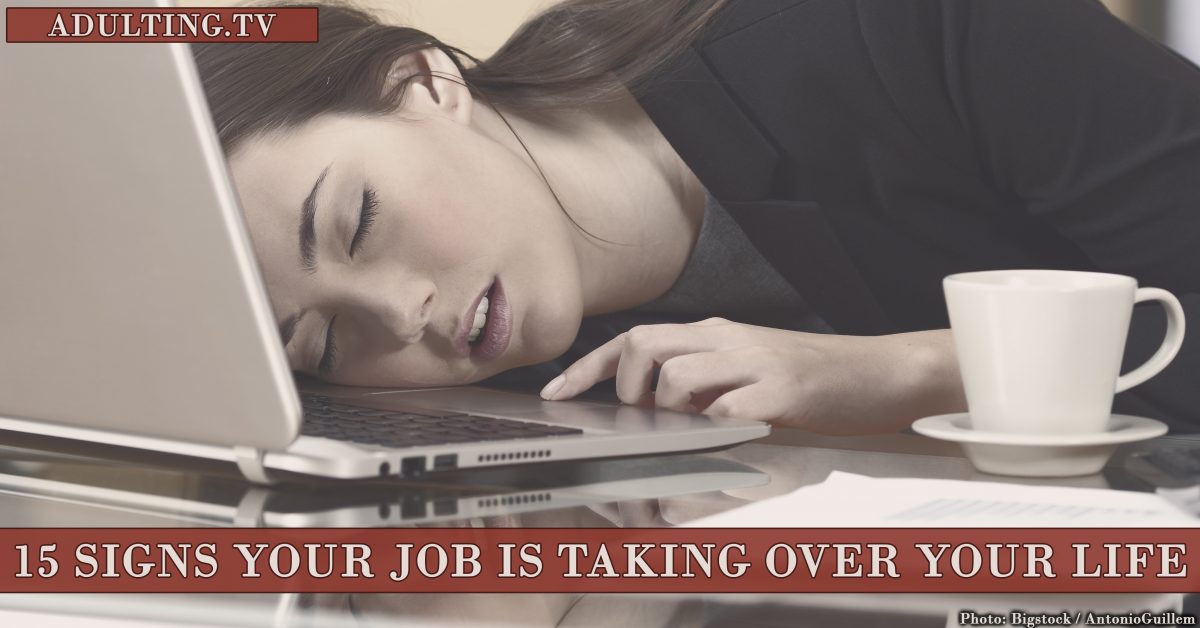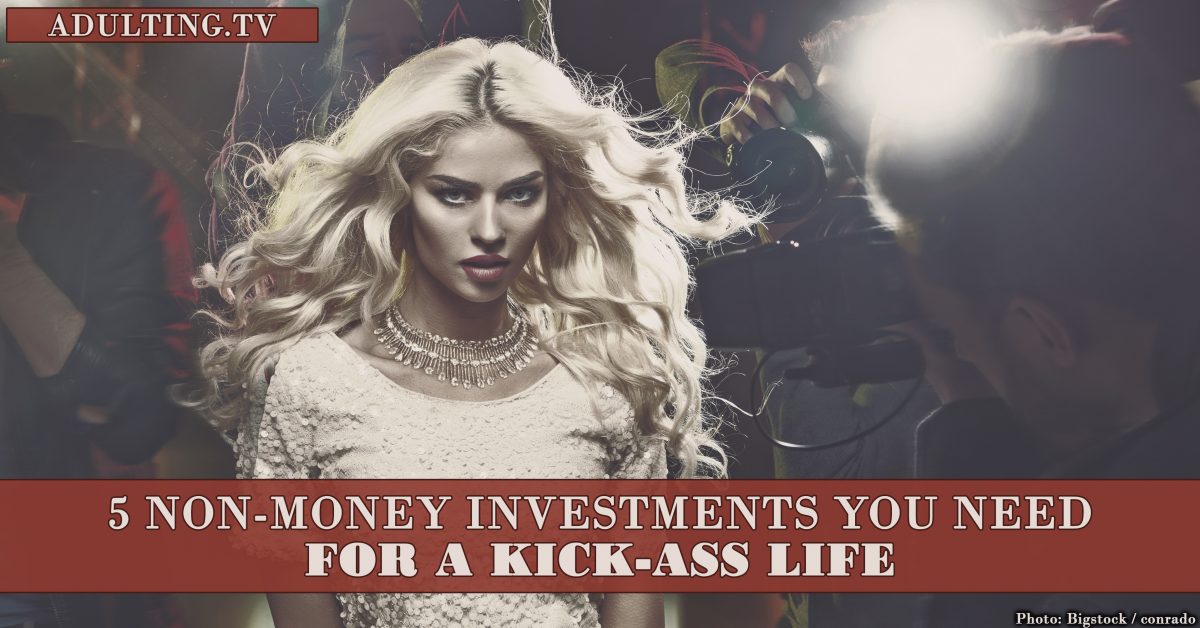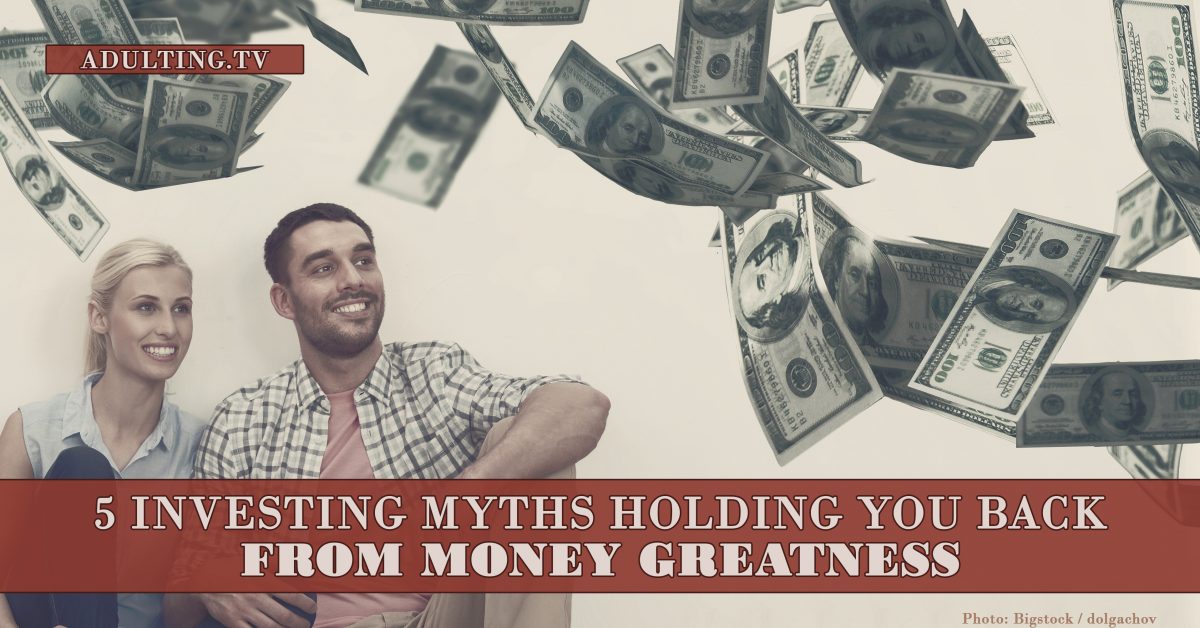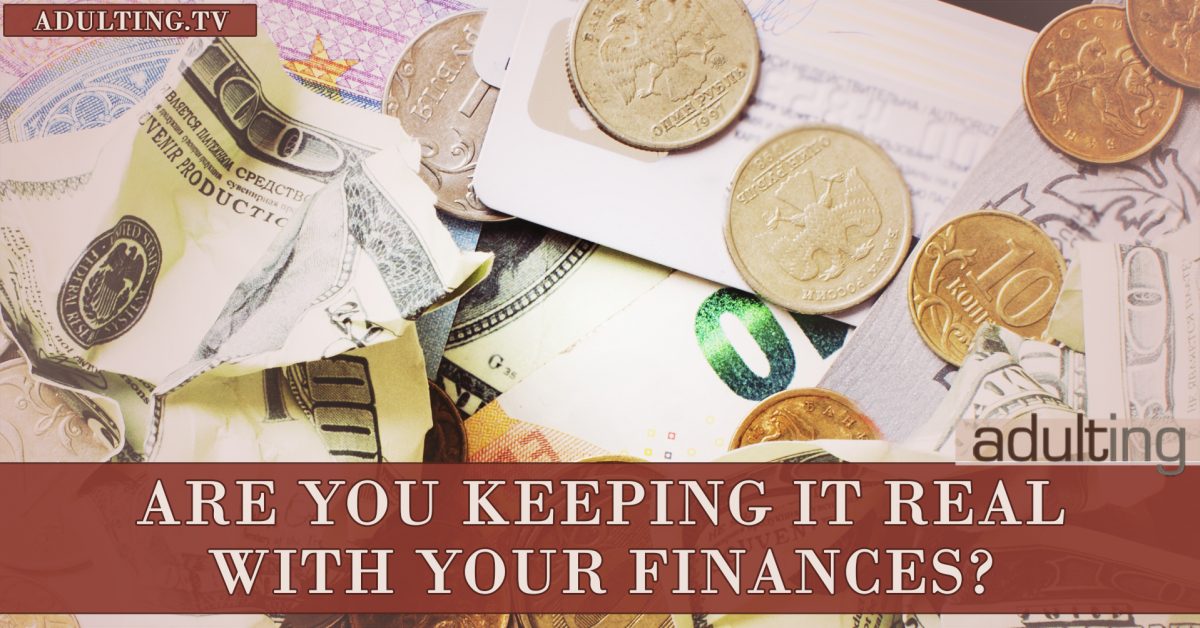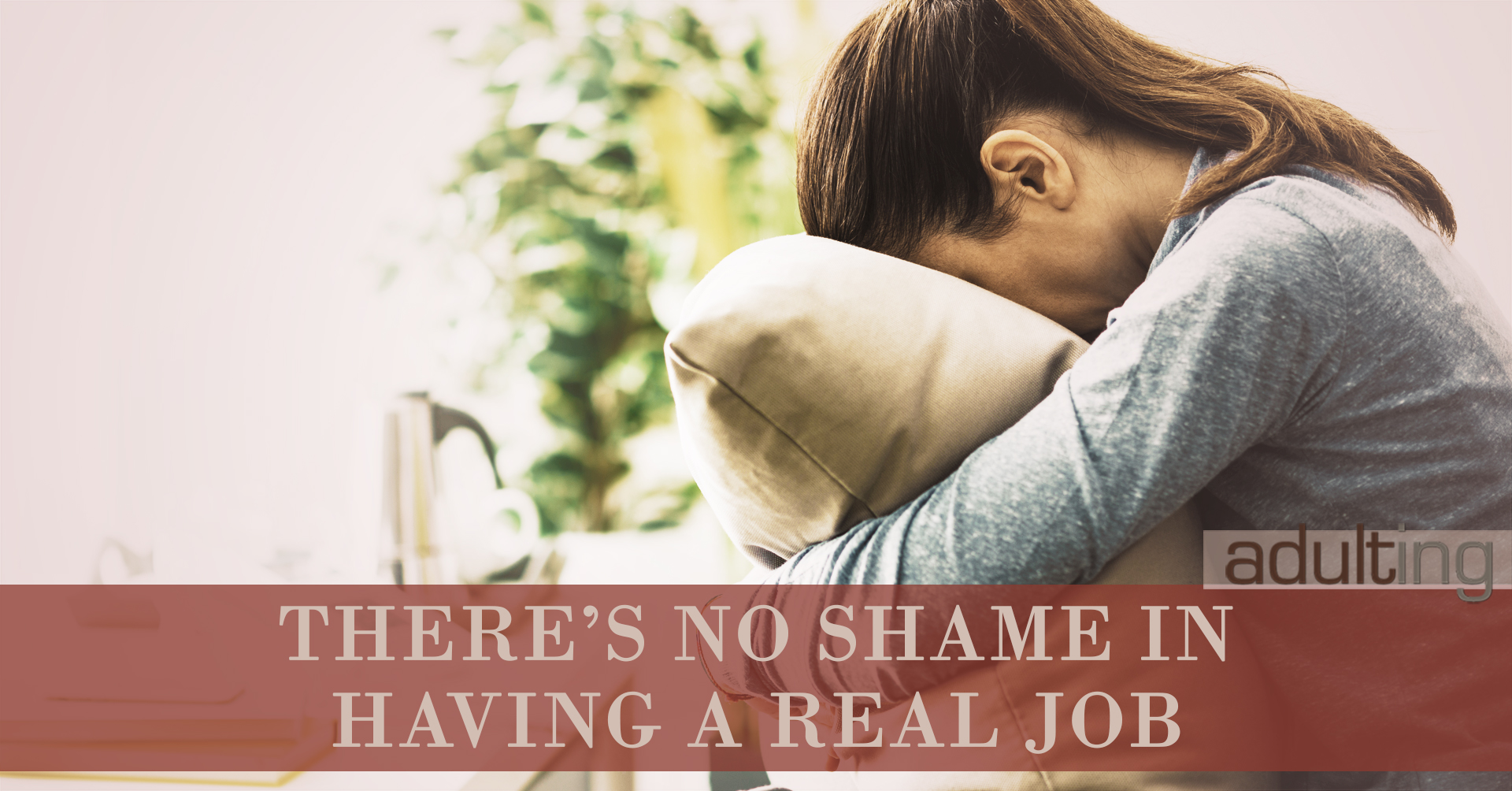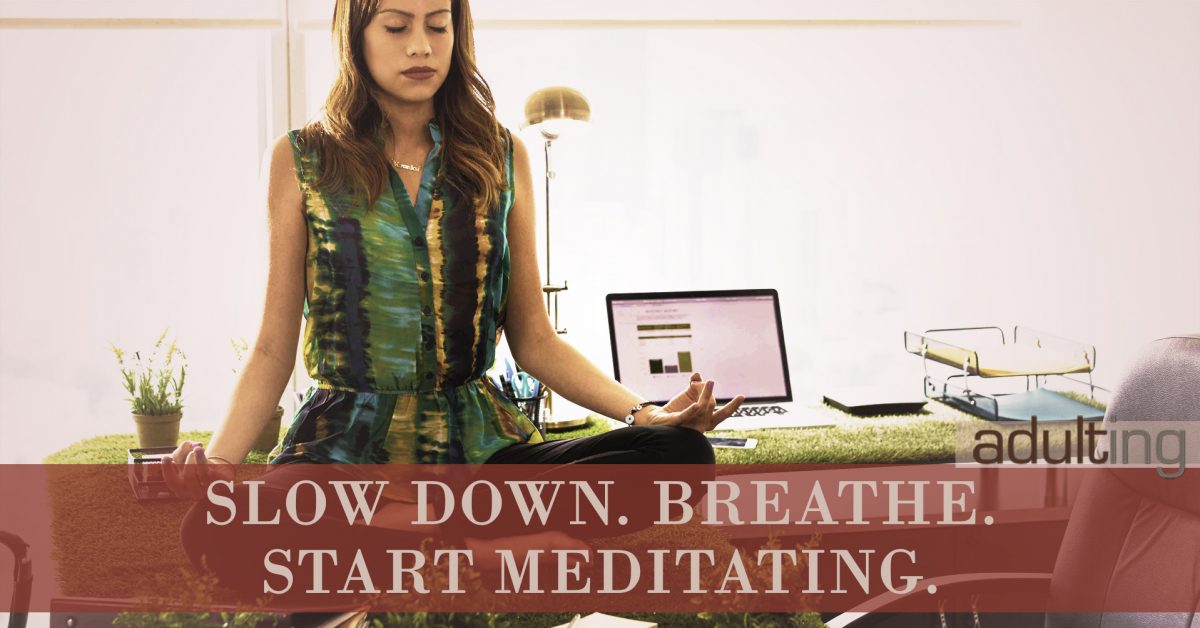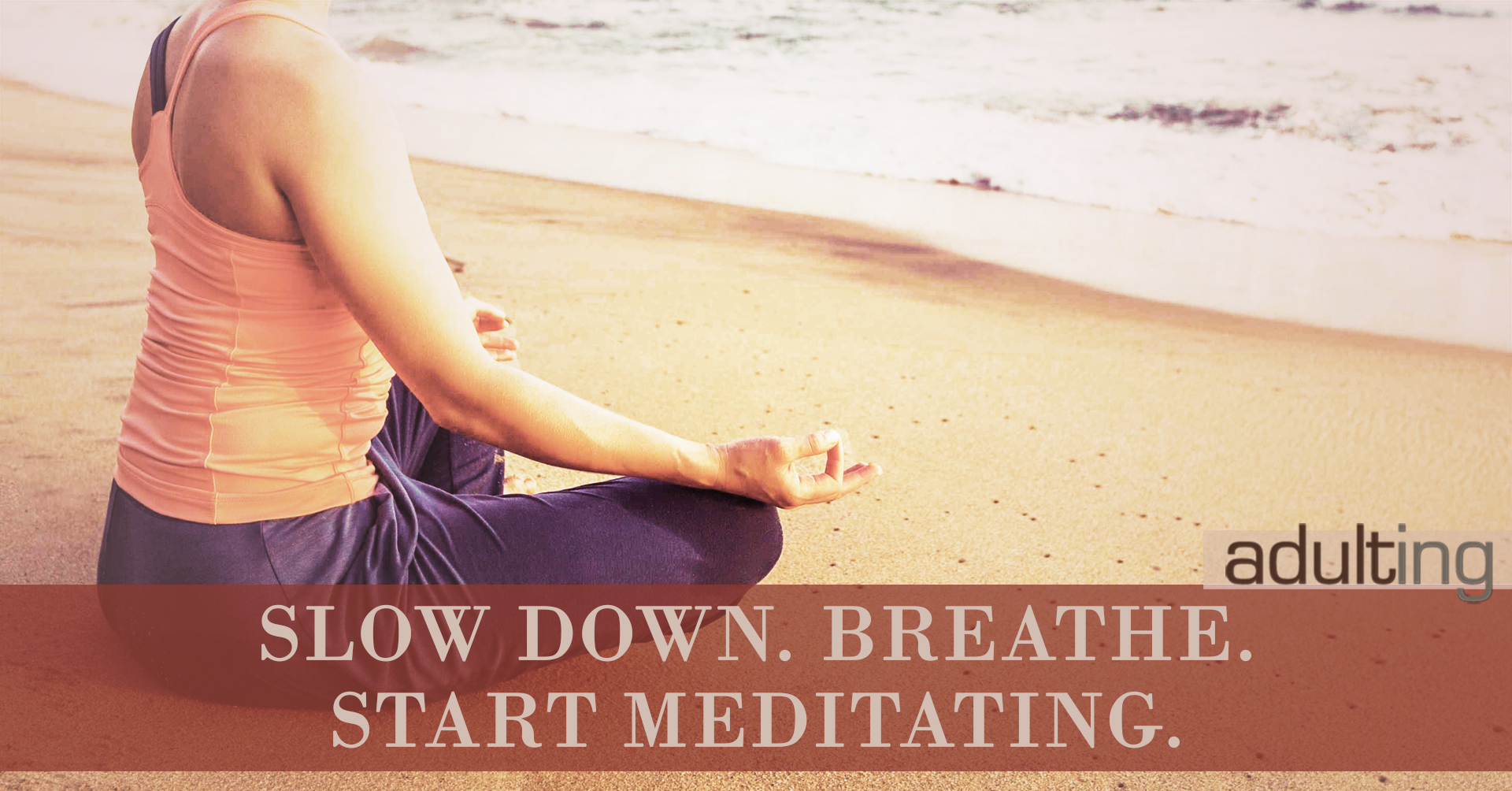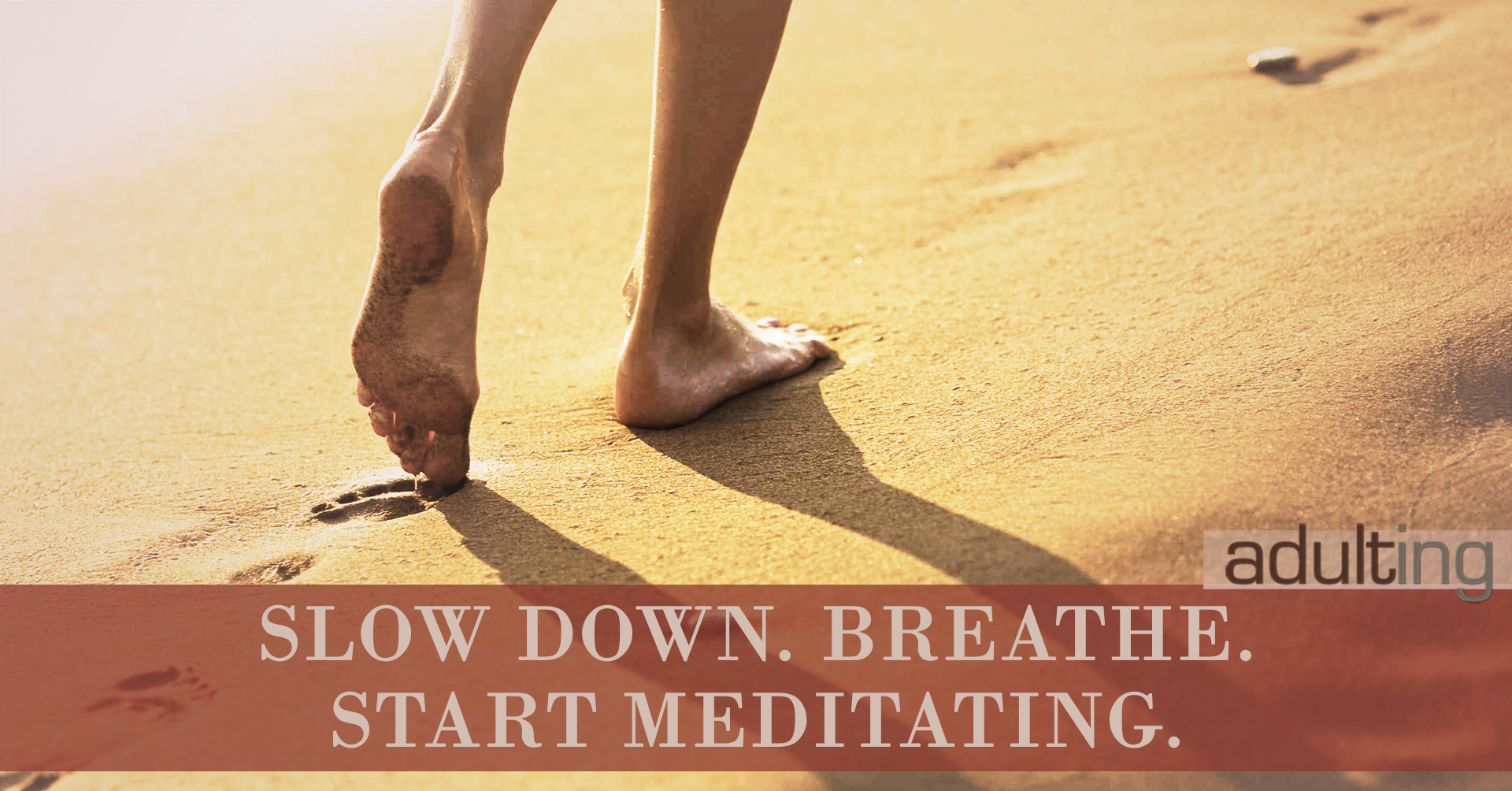It’s bound to happen at some point: you receive a perfectly fine gift — that you hate.
As a society, we used to look down on regifting, but today it’s becoming increasingly common.
You don’t want to blatant or awful about your regifting, though. It’s important that you at least attempt to be classy about it.
If you want to get rid of something and you know just the person for it, regifting gives you the chance to make someone else happy and save a little bit of money in the bargain.
First of all: be gracious whenever you receive something.
Whenever you receive something, you should express gratitude. Even if you hate the item. “It’s the thought that counts” is a cliche, but it’s also true.
Someone gave you something. You can be nice and adult about it, even if secretly you plan to return it or regift it.
In some cases, you might just be stuck with the thing. I have some items that I’ve received that I know I have to keep. In those situations, I make sure I put it on display when I know the giver is coming. Or I wear it for them to see me using it.
No matter what, it’s vital to be a gracious gift recipient.
Don’t regift to the original giver.
If you’re going to be a regifting powerhouse, you need to get your shit organized. You can’t give an item to the original giver, so that means you have to know who gave it to you in the first place.
Keep track of who gives you what. List what you got, when you got it, and who gave it to you. This is important if you’re going to do this right.
It’s not just about avoiding a major faux pas by regifting to the person who gave it to you in the first place. You also have to avoid giving the gift to anyone in the same social circle.
If your sister gave you something you don’t like, you can’t turn around and give it to your mom two years later. Everyone will remember that it was a gift to you from your sister.
Family dinners just got even more awkward.
The same goes for friend circles and coworkers. Keep track of where your gifts come from so your regifting is to people who aren’t going to recognize the item.
Make sure the item is in tip-top shape.
Let’s keep it classy, people. It should go without saying that you only regift items that are in their original packaging, or that look brand new and unused.
If the item has been opened or used, that’s a no-no. Only used a tiny bit of that lotion? It’s off the menu for regifting.
While you’re at it, check the expiration date on packaged treats before you regift. I don’t like those big holiday-themed tins of popcorn, either, and I’m happy to pass them on. But before I do, I double-check the expiration date. You want your food gifts to be well within date.
Also, avoid regifting anything that has been on prominent display in your home. Because it’s obviously been used, and someone’s probably seen it.
Make sure the gift matches the new recipient.
The point of any gift is to make sure that it matches the person receiving it. Regifting is no good if you don’t put thought into it. I’ve opened things, expressed my gratitude, and then thought, “Actually, this would be perfect for…”
I make a note of it (an actual, written note, so I don’t forget) and then regift, after removing all the evidence. The idea is to make sure the gift is personal in some way. You have to at least put some thought into it.
If you think you will regift something (and even if you don’t know that you will), it makes sense to remove all indications that it was originally a gift to you. Search for notes and tags, and remove them.
Also, for good measure, use completely different wrapping paper. If the gift came in a bag, don’t use the same bag. The least you can do is spend a buck for a fresh bag and new tissue paper to spruce it up. There’s no reason to regift the wrapper on top of the gift.
Consider using it for a white elephant exchange.
Maybe you aren’t sure who to regift to, but you know that a white elephant is coming up. When you head to an office party or some other event, chances are a silly gift exchange will be involved. Regifting on one of these occasions can make a lot of sense — and save you the trouble of figuring out something to bring.
However, you still have to be careful and follow good regifting practice. This means you don’t bring the thing if someone at the exchange gave it to you. The same rules about social circles and regifting to the giver apply when you head to a white elephant exchange.
This is why I can’t emphasize enough the importance of keeping a list of who, when, and where as it relates to regifting. You can’t be a baller regifter — even for a white elephant exchange — if you aren’t organized about it.
Items made for regifting.
There are some things that are perfect for regifting. They are the sort of all-purpose gifts that people love to see, and that are easy to personalize in some way — even if it’s with nothing more than a fancy bow in the new recipient’s favorite color.
If you get the following items, consider them prime candidates for serving double-duty down the road:
- Gift cards: Don’t shop at that store? No problem. Just find a new gift card holder and pass it along to someone who will use it. Double-check to ensure it isn’t personalized and make sure of the balance.
- Lotions and soaps: As long as you haven’t opened these items, they are perfect. They are personal. They are pretty. Most of us love to get them. It’s easy to repackage these items attractively and send them on to new owners.
- Alcohol: Not really a whiskey fan? No problem! Tie a bow around that bottle’s neck and regift to someone who is. Bottles of wine, six-packs of craft beer, and other items are perfect for regifting as long as they are still sealed.
- Candles: Scented candles are great for regifting. As long as they are still wrapped and sealed, and haven’t been used even once, they are great as gifts. That goes for anything that involves scents, like warmers, fancy diffusers (with oil), and similar items.
- Certain types of clothing: If you haven’t worn it and the tags are still on, and you are sure about the size of the next recipient, it’s ok to pass things on. Scarves, cute socks, slippers, gloves, and fashionable hats are all perfect items for regifting. Don’t regift clothing items that are extremely unique, or that you aren’t sure about sizes.
- Gift baskets: Make sure nothing in the gift basket is expired and then pass it along. Another pro tip? If you have multiple gift baskets, and they have some things you like, you can mix and match. Open the baskets, take what you will eat, and then create a new basket with the rest of the items. Use one of the baskets you already have, and get new cellophane and ribbon to pretty up the package.
- Perfumes and colognes: As long as you haven’t opened the bottle and it’s in the original packaging, these can be great gifts. Watch out, though: once you unwrap the plastic, it’s considered used. You may never use it, but with the plastic broken, it’s unregiftable. But aftershave, eau de toilette, perfume, and cologne all make great regifts.
- Small appliances and gadgets: Toaster ovens, blenders, handheld mini-games, and other small appliances and gadgets are great for regifting. As always, make sure the items are in their original packaging and remain unused.
- Toys, games, and puzzles: These types of gifts are perfect for passing along to someone who wants to use them, as long as you haven’t opened the packaging and tried them out.
- Novelties: As long as it’s an appropriate circumstance, novelty items like cans of unicorn meat make great items for regifting. Just make sure you give them in the correct context so you don’t end up offending someone.
These are the items you should not regift.
Just as some gifts are made for regifting, others items should never be passed along to someone else. Here are things you need to either return to the store, or just suck it up and keep:
- Anything personalized: If it’s personalized to your name, don’t regift it. You’d think it goes without saying, but, alas, somewhere some idiot is giving someone named Sharon something personalized for “Samantha.” The only time you want to do something like this is if you’re hoping that someone will break up with you.
- Old technology: New gadgets are fun. Weird nostalgia items are fun. Old technology, like a car GPS unit or handheld PDA, are lame. Do not regift the old tech you have sitting around the house. Just don’t.
- Jewelry: Sure it’s shiny and comes in a lovely presentation box. But whoever gave it to you probably wants you to wear it. Yeah, that costume jewelry my son bought me for my birthday is hideous. But I wear it anyway. The same goes for that clunky brooch from your mom. You just suck it up and wear. No getting rid of it until the relationship is over.
- Artwork: The first thing my brother looks for when he walks in my house is a piece of traditional Mexican artwork he gifted me after returning from two years living abroad. Luckily, it’s a cool piece and I love it, so it’s prominently displayed in my front room. Sadly, not all artwork is so nice. But you have to keep it anyway. Whoever gave it to you probably picked it out special, and probably spent a pretty big chunk of change. You need to keep it and at least try to bring it out when they are around.
- Opened anything: Whether you’ve used it or not, if the seal is broken, it’s off limits. No regifting anything, from Blu-rays to perfume to food, that has been opened and looked at. No matter how good or new it looks, if it’s been opened, and was originally in a package, it shouldn’t be regifted.
- Distinctive, unique items: Try to avoid regifting items that are distinct and unique. That really, um, interesting sweater? Nope. Regifting is about the non-descript, especially when it comes to clothing.
- Something universally hated: Unless you’re headed to a white elephant party and you’re expected to bring something hated and awful, don’t regift. If it’s just a horrible present all around, smile, thank the giver, and never speak of it again.
You can always return it to the store.
If there is no way to regift the thing, consider taking it back to the store. Even if you don’t have a gift receipt, you might at least be able to get some sort of store credit so you can buy something you actually want.
When you can’t get a refund or store credit, consider donating the item. You get karma points for doing good, plus you might get a tax deduction if you itemize. No shame in that game.
Regifting is an art. It needs to be done with care and attention. Otherwise, it shouldn’t be done at all.

